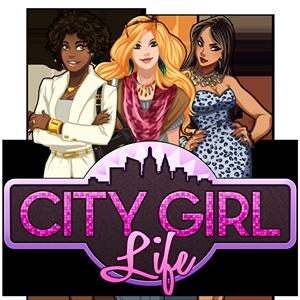
Long training runs are your opportunity to make decisions about race gear, so don't try anything new for the marathon. You never know if new clothes or shoes will rub you the wrong way and lead to chafing, blisters, or other issues.Remember the golden rule: nothing new for race day. Eat what you know, and stick to your plan. Plan in advance what you are going to eat, purchasing or pre-ordering your food if possible.


The same applies to your race-day breakfast. You don't know how they are going to affect you, so save them for a later training run. Similarly, don't try new fuel options that you just picked up at the expo. It's always best to stick with familiar foods so you don't get an unpleasant surprise. Choosing the right foods can make a difference between a winning performance and a case of runner's trots. The aim is to load with plenty of carbs which your body will convert into glycogen for fuel. If you weigh 165 pounds, that translates to 660 grams per day (or roughly 2,640 calories).Īvoid heavy sauces, high-fat foods, lots of fiber, or too much protein. Focus on consuming 4 grams of carbohydrate for every pound of body weight. Just be sure not to stuff yourself at dinner the night before a race. Oatmeal, bread, tortillas, pancakes, waffles, bagels, and yogurt are all easy-to-digest options. While some runners will eat nothing but rice for breakfast, lunch, and dinner, you don't have to be so stringent. In the last few days leading up to your race, 85% to 95% of your calories should come from carbohydrates.


 0 kommentar(er)
0 kommentar(er)
